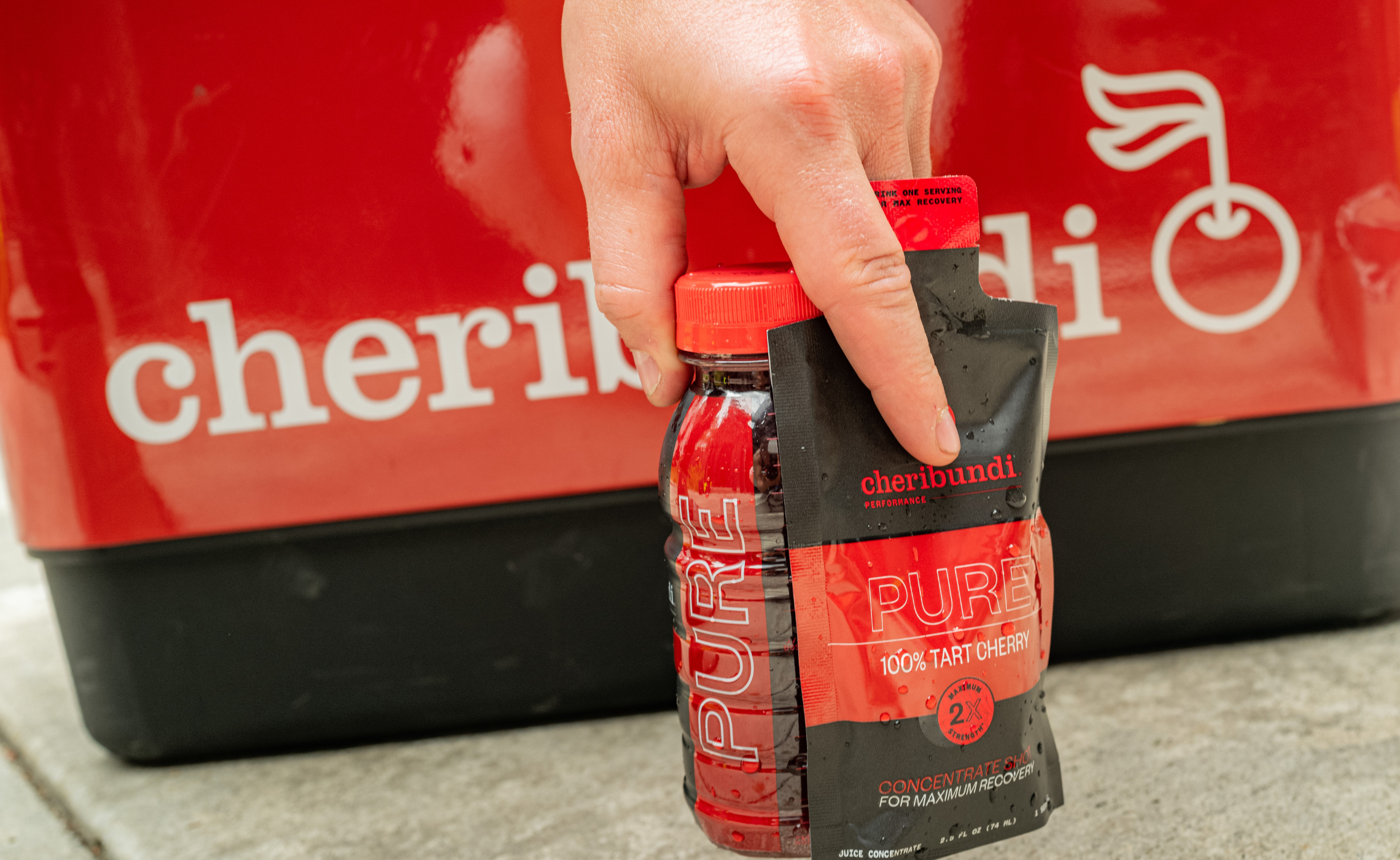PRO SKATEBOARDER, NEEN WILLIAMS', TOP 3 RECOVERY TIPS
My name's Neen Williams. I’m a professional skateboarder, a coach and the owner of a small spice company. Growing up in...
06 October 2022 Cheribundi Marketing
Athletes and fitness enthusiast alike know that potassium plays a key role in athletic performance and recovery. Bananas fill post race snack tables and rehydration drinks tout its benefits. But what exactly is potassium, why is it so important, and where can you find it, besides in those bananas? This week we're getting a better understanding of how potassium may help optimize training and recovery.
A quick bio lesson: potassium is an essential mineral, meaning our body needs to accumulate it from food. It lives mostly inside our cells and our body works hard to keep its level in a tight range. Potassium, along with other electrolytes like sodium and calcium, play vital roles in muscle, heart, and nerve function as well as fluid balance.
We lose potassium through fluid loss, like sweating and urination as well as other daily activities. Excessive sweating during endurance training and workouts in hot climates can worsen these potassium losses. While our bodies work hard to keep a balance, replenishment is key to preventing low potassium levels. Known as hypokalemia, symptoms of low potassium include fatigue, muscle cramping and weakness and a tingling sensation in extremities.
Fortunately, this mineral is found readily in most fruits, vegetables, and dairy. Food is always best for getting our fill of potassium- most supplements limit potassium levels to less than 10% the daily recommended amount so you can't rely on them to get your daily intake.
Most individuals need around 4700mg of potassium daily, plus more during periods of heavy fluid loss. Almost all fruits and veggies contain potassium so a diet rich in these foods will prevent low levels. Check out some great sources, below:
8oz low fat greek yogurt: 320mg
1 cup melon: 470mg
8oz 100% tart cherry juice: 380mg
1 medium baked potato, with skin: 926mg
1 cup bell pepper: 314mg
Aim to add a few of these to your diet this week and remember to always check with your doctor before making any major diet changes, especially if you have a history of kidney or heart concerns.
Thanks to our Contributing Dietitian, Jenna Amos, RDN, for this post.
You must login before you make a recurring purchase.
Login